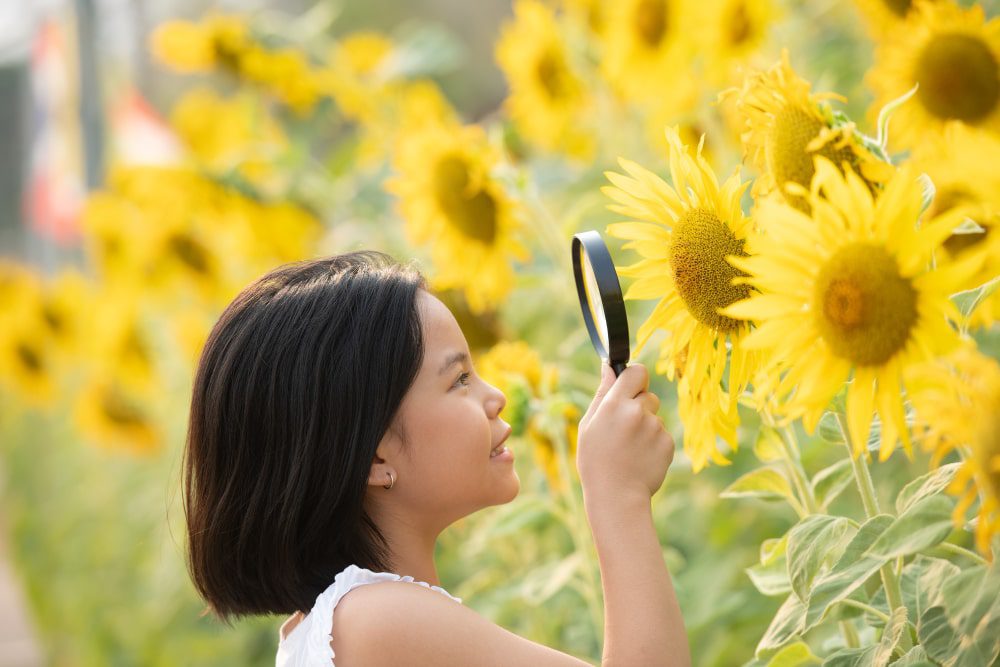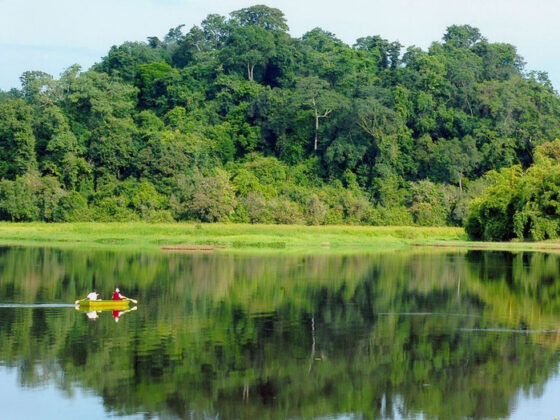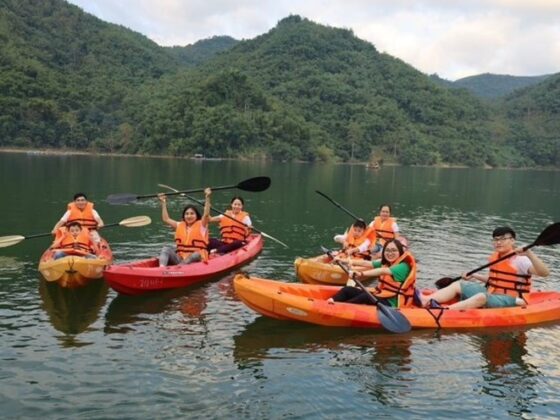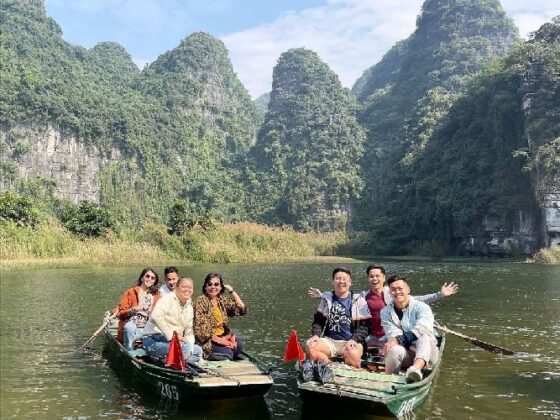Table of Contents Show
✍️ AI is summarizing:
Recent research highlights the vital role of solitary outdoor experiences in helping children develop a strong bond with nature. Spending time alone in natural settings—through activities like fishing, hiking, or simply exploring—can foster a deeper connection to the environment. These benefits of nature for kids not only support a child’s mental and physical health but also cultivate a sense of responsibility toward the planet.
Related post:
- How Kids and Nature Connection Grows Stronger Through Solitary and Social Activities
- 6 Essential Tips for Hiking with Kids for the First Time
- Outdoor Learning in Vietnam: Unlocking Nature’s Power for Kids
Environmental education and the benefits of nature connection
Environmental education researchers emphasize that “there are all kinds of benefits from building connections to nature and spending time outside.” Children who develop a strong affinity for nature are more likely to become environmental stewards in the future, caring for the world around them.
Study insights: The impact of solitary activities on children’s relationship with nature
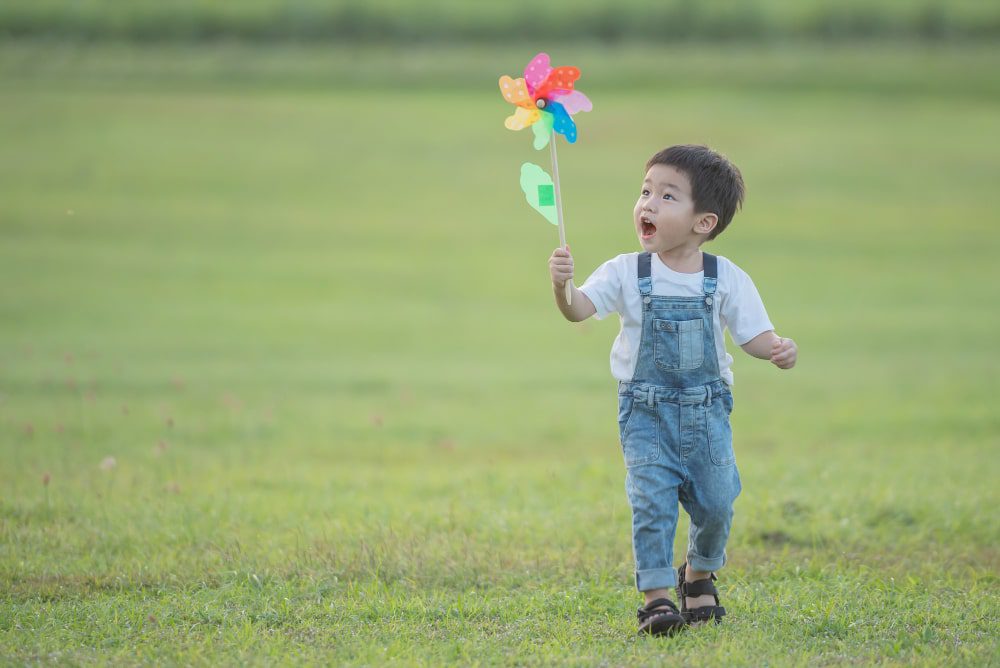
The study involved a large group of children aged 9 to 12 who were surveyed about their outdoor activities. Researchers sought to understand how these experiences shaped their feelings toward nature. They explored whether the children engaged in solitary activities like fishing, hiking, or camping and assessed their comfort level in natural settings.
The findings revealed that those involved in reflective solo experiences outdoors reported a stronger connection to nature, showcasing the benefits of nature for kids in fostering such bonds.
Solitude vs. socializing: The role of independence in nature bonding and the benefits of nature for kids
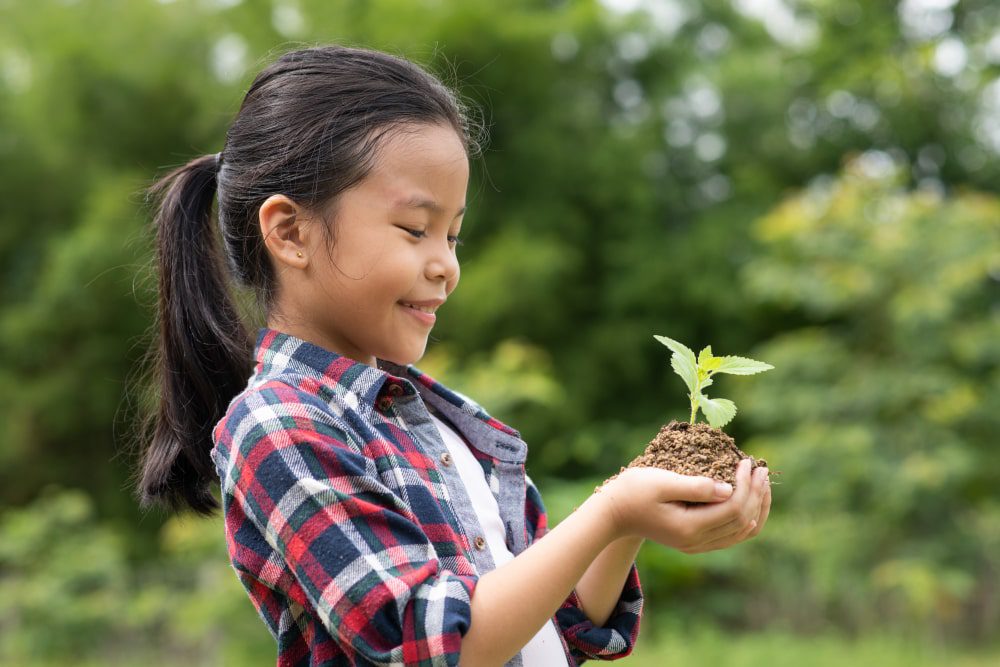
While social outdoor activities, such as camping with peers, are undeniably beneficial, the study emphasizes the importance of solitude. Moments spent alone in nature allow children to reflect and focus on their surroundings, which enhances their identification with the natural world. This connection to nature can lead to a greater desire to protect and preserve the environment as they grow older, highlighting the benefits of nature for kids.
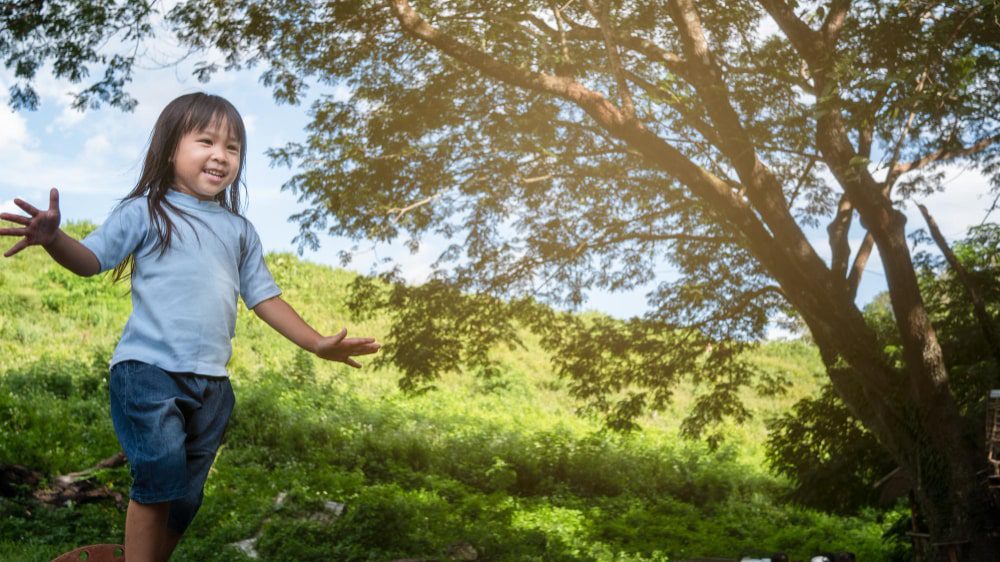
Importantly, the research does not suggest that children should always be left unsupervised. Adult supervision is still crucial for safety; however, encouraging a bit of distance can be beneficial. Observing children as they interact with nature, rather than intervening, fosters independence and allows them to explore at their own pace, further amplifying the benefits of nature for kids.
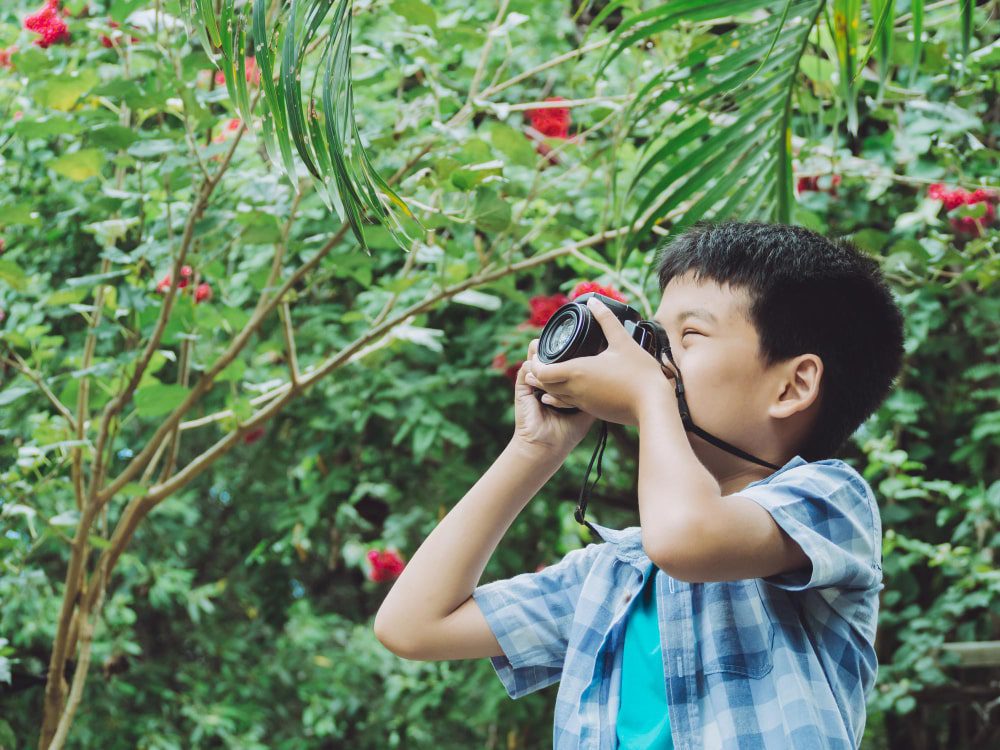
The study also suggests that traditional outdoor activities like fishing and nature discovery, often overlooked in discussions about nature bonding, can be significant. These activities require concentration and engagement with specific elements of the natural environment, providing a unique opportunity for kids to learn about biodiversity.
In an age where many children are more familiar with fictional creatures than native wildlife, such experiences can bridge the gap in environmental knowledge and conservation efforts.
Ensuring equal opportunities for all children to experience the benefits of nature

Interestingly, the study found that demographic factors such as gender and ethnicity did not significantly influence a child’s connection to nature. Instead, it indicated that all children, regardless of their background, can develop similar bonds with nature if they are given equal opportunities to engage with it. This finding underscores the importance of ensuring that all children have access to outdoor experiences and can reap the benefits of nature for kids.
Conclusion
In conclusion, encouraging children to spend time alone outdoors can foster a profound connection to nature that benefits their well-being and the environment. By creating opportunities for solitary exploration, we can help cultivate a generation that is more attuned to the natural world and motivated to protect it.
If we can get kids interested in such activities in their most formative years, we could help raise a new generation far more attuned to the environment than we ever were. It’s time to prioritize outdoor experiences that allow children to connect deeply with nature, ensuring a healthier planet for future generations while also highlighting the benefits of nature for kids. Follow our official Facebook page now to receive more interesting information.

